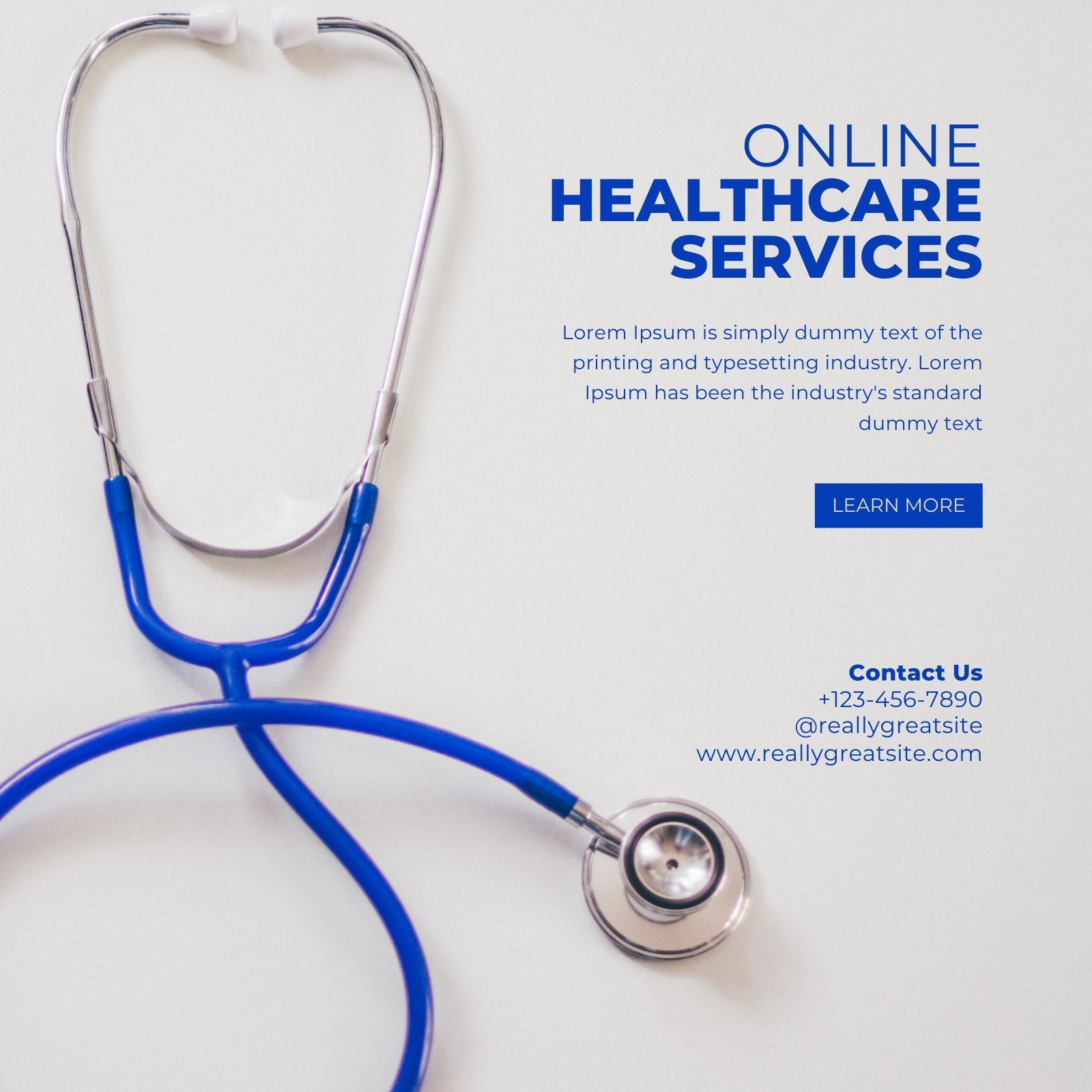The Future of Medication: Discovering Subscription Based Healthcare Versions
The Future of Medication: Discovering Subscription Based Healthcare Versions
Blog Article
Comprehending the Cost-Effectiveness of Subscription-Based Healthcare Versions
As the health care landscape evolves, subscription-based designs arise as an engaging option, guaranteeing to redefine just how individuals take care of medical costs. Examining these designs' cost-effectiveness demands a nuanced comparison with traditional insurance, considering both economic ramifications and client fulfillment.
Review of Subscription-Based Designs
Subscription-based medical care versions, often referred to as straight health care or attendant medicine, are increasingly obtaining focus as a prospective solution to inadequacies within traditional healthcare systems. These models operate the concept of offering patients direct access to doctor through a regular monthly or yearly cost, bypassing the demand for typical insurance mechanisms. This plan aims to streamline patient-provider communications by minimizing administrative worries, which often prevent personalized and timely care.
At the core of subscription-based versions is the emphasis on an extra tailored person experience. Patients take advantage of improved access to their physicians, often consisting of next-day or same-day consultations, extended consultation times, and direct communication channels such as phone or video phone calls. This design fosters a proactive strategy to medical care, where carriers and people can collaboratively concentrate on preventative treatment and persistent condition administration.

Cost Comparison With Typical Insurance Policy

One of the key economic advantages of membership models is transparency in expenses. Conversely, traditional insurance coverage may be much more beneficial for individuals requiring specialized treatment or expensive therapies not covered under a subscription version, as they benefit from the wider coverage network and cost-sharing mechanisms.
However, cost-effectiveness is context-dependent. While registration versions might supply financial savings for those primarily requiring main treatment, people with persistent conditions or specialized health care needs may locate traditional insurance policy much more thorough. Reviewing details healthcare demands and prospective usage is critical in figuring out the most cost-efficient alternative for individuals.
Effect On Client Satisfaction
Patient satisfaction within subscription-based healthcare models typically reflects a substantial renovation over standard insurance policy systems. Unlike typical systems, where individuals could experience delays in obtaining care, subscription-based versions guarantee even more prompt and straight interactions with healthcare providers.
Additionally, the openness in prices related to subscription-based healthcare eases the typical disappointments associated to unanticipated fees and complex invoicing procedures seen in standard insurance policy (subscription based healthcare). Clients value recognizing the exact monetary commitment upfront, leading to enhanced discover this trust fund and self-confidence in their healthcare management
Furthermore, the emphasis on preventive care and health in membership designs adds to boosted wellness end results, further enhancing client contentment. By concentrating on continuous health care rather than anecdotal care, individuals experience a more continual and alternative healthcare journey.
Furthermore, the improved provider-patient partnership cultivated in these models, defined by more time invested per patient and individualized focus, plays a crucial role in elevating patient fulfillment degrees, as clients really feel truly looked after and understood.
Company Experiences and point of views
From the company's point of view, subscription-based health care versions provide a transformative technique to providing medical services. These versions emphasize a preventative and positive medical care strategy, permitting suppliers to concentrate on comprehensive patient treatment without the constraints of typical fee-for-service arrangements (subscription based healthcare). This change in focus often causes boosted client end results and increased service provider contentment, as health care experts can allocate even more time and resources to person engagement and customized treatment strategies
Moreover, registration models help with predictable revenue streams, which boost financial security for doctor. This predictability enables for boosted source preparation and allowance, adding to a much more efficient healthcare delivery system. Service providers can purchase staff modern technology, facilities, and training renovations, consequently improving the top quality of treatment read more offered.
Nonetheless, the transition to subscription-based designs is not without difficulties. Companies should adjust to new operational frameworks, which can entail considerable modifications in invoicing practices and person administration systems. In addition, there is an inherent demand for durable information administration to track person results and make certain quality care. Regardless of these difficulties, lots of providers locate that the advantages of increased individual interaction and structured operations exceed the preliminary challenges, making subscription-based designs an attractive alternative.
Future Prospects and Obstacles

A primary difficulty is governing conformity, as membership versions must follow evolving health care plans and insurance coverage demands. This necessitates continuous adjustment and technology to guarantee positioning with lawful requirements. Additionally, incorporating these designs into existing medical care facilities can be intricate, calling for significant investments in modern technology and training.
There is also the possible danger of producing inequities in medical care gain access to, as subscription designs might favor those who can afford them, leaving vulnerable populaces underserved. Addressing this needs thoughtful consideration of pricing approaches and subsidy systems to guarantee inclusivity.
Verdict
Subscription-based healthcare designs offer a practical alternative to standard insurance coverage by supplying monetary predictability and openness, particularly profiting individuals with chronic problems or frequent health care needs. The cost-effectiveness of these designs is contingent upon private health care use patterns and conditions.
Subscription-based health care designs, sometimes referred to as direct key care or concierge medication, are significantly acquiring interest as a prospective remedy to inefficiencies within typical healthcare systems. Unlike traditional systems, where patients may experience delays in receiving treatment, subscription-based models guarantee more prompt and direct communications with medical care providers.
These versions highlight a preventative and proactive medical care method, allowing providers to concentrate on extensive useful source person treatment without the constraints of traditional fee-for-service plans. As these versions proceed to acquire grip, they supply the prospective to revolutionize patient access to care, enhance solution delivery, and optimize healthcare investing.Subscription-based health care versions provide a feasible alternative to standard insurance by using financial predictability and openness, particularly benefiting people with chronic problems or constant healthcare demands.
Report this page